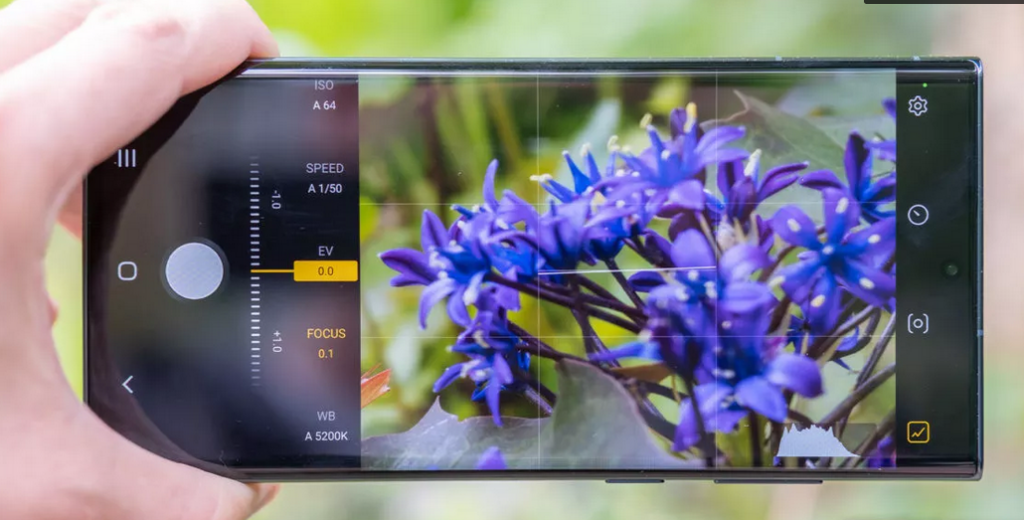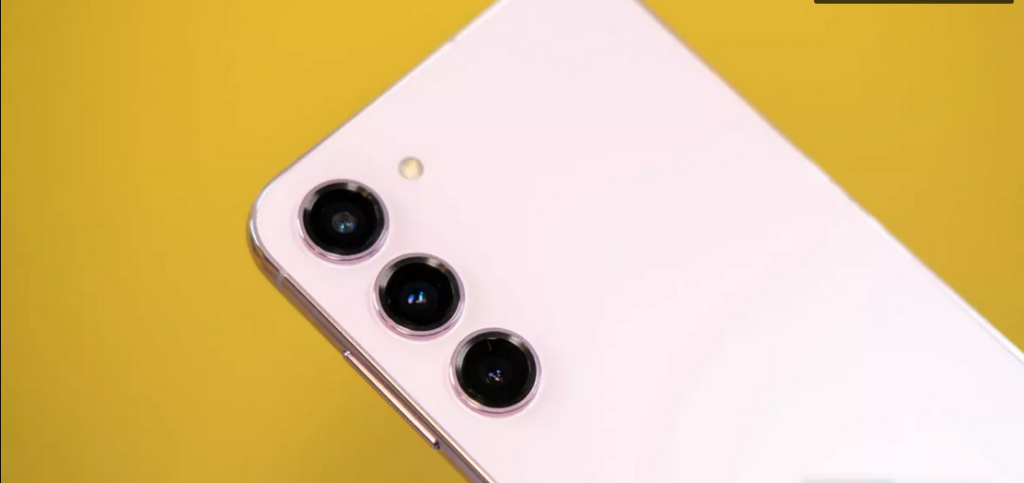As anticipation builds for the upcoming Samsung Galaxy S24, leaks and rumours about its successor, the Galaxy S25, have already started making waves. A recent claim by renowned leaker Revegnus has stirred the speculation pot, suggesting a significant shift in the camera department for the 2025 flagship lineup.

According to Revegnus, the Galaxy S25 and S25 Plus might abandon Samsung’s trusted ISOCELL sensors for the main camera, opting instead for a Sony image sensor. Samsung has traditionally relied on its in-house ISOCELL sensors for the primary cameras of its premium smartphones. For instance, the Galaxy S23 and S23 Plus reportedly feature the 50MP ISOCELL GN3 with a 1/1.57-inch sensor size and one-micron pixel size.
This claim marks a notable departure from Samsung’s established practice if it holds. However, it’s essential to note that this change doesn’t necessarily translate to a straightforward upgrade. The shift to Sony sensors may not involve adopting top-tier, one-inch sensors; instead, Samsung might choose Sony sensors comparable in size to its existing ISOCELL counterparts, such as the IMX890/LYT-700.

The difference between similar Samsung and Sony sensors is not monumental in the realm of camera technology. While Sony has introduced innovative hardware tech in its new LYTIA sensors, Samsung consistently updates its pixel isolation tech in ISOCELL sensors for enhanced image quality every few years.
It’s crucial to remember that camera hardware is just one aspect of the equation, with software playing an equally significant role. Even if the Galaxy S25 and S25 Plus feature new sensors, their performance could hinge on substantial software improvements. As leaks regarding the Galaxy S25 series are still in their early stages, it’s advisable to approach this information with a degree of scepticism.
Revegnus did not provide details about the main camera of the Galaxy S25 Ultra. Notably, Sony does not offer a 200MP camera sensor, implying that the 2025 Ultra handset may retain a Samsung sensor if a 200MP sensor is on Samsung’s agenda.

In conclusion, while the prospect of Samsung adopting Sony image sensors for the Galaxy S25 series adds an intriguing layer to the rumour mill, it’s essential to await more concrete information and keep expectations in check. The intricate dance between hardware and software in smartphone cameras ensures that any change in sensor technology is just one piece of a multifaceted puzzle that shapes the overall photography experience for users.







